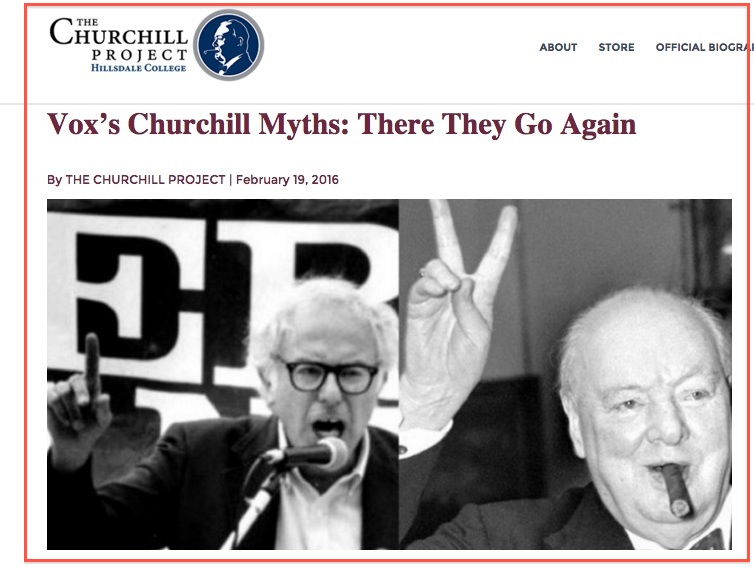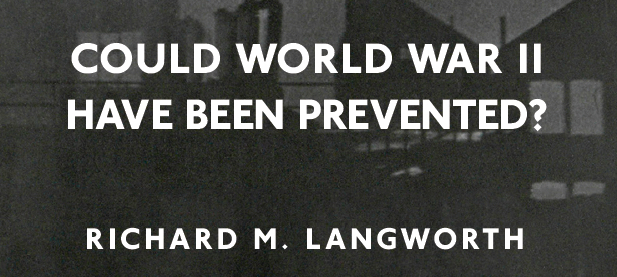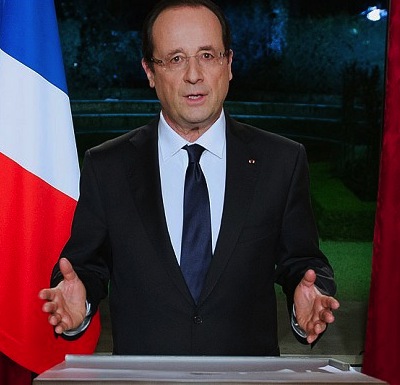Maisky and Churchill: Hard to Put Down
Ivan Maisky: “The greatest sin of modern statesman is vacillation and ambiguity of thought and action.”
Gabriel Gorodetsky, ed., The Maisky Diaries: Red Ambassador to the Court of St. James’s. New Haven, Conn.: Yale University Press, 634 pages, $28.80, Kindle $19.99, audiobook $36.32.
Excerpted from the Hillsdale College Churchill Project. To read in full, click here.
____________________________
A striking work of scholarship (actually an abridgement of a three-volume complete work coming in 2016), this book will inspire fresh scholarship on Churchill, Russia and World War II. Ivan Maisky was a penetrating observer of 1932-43 Britain, and Gabriel Gorodetsky connects every long gap in his diaries with informed accounts of what was happening.…


